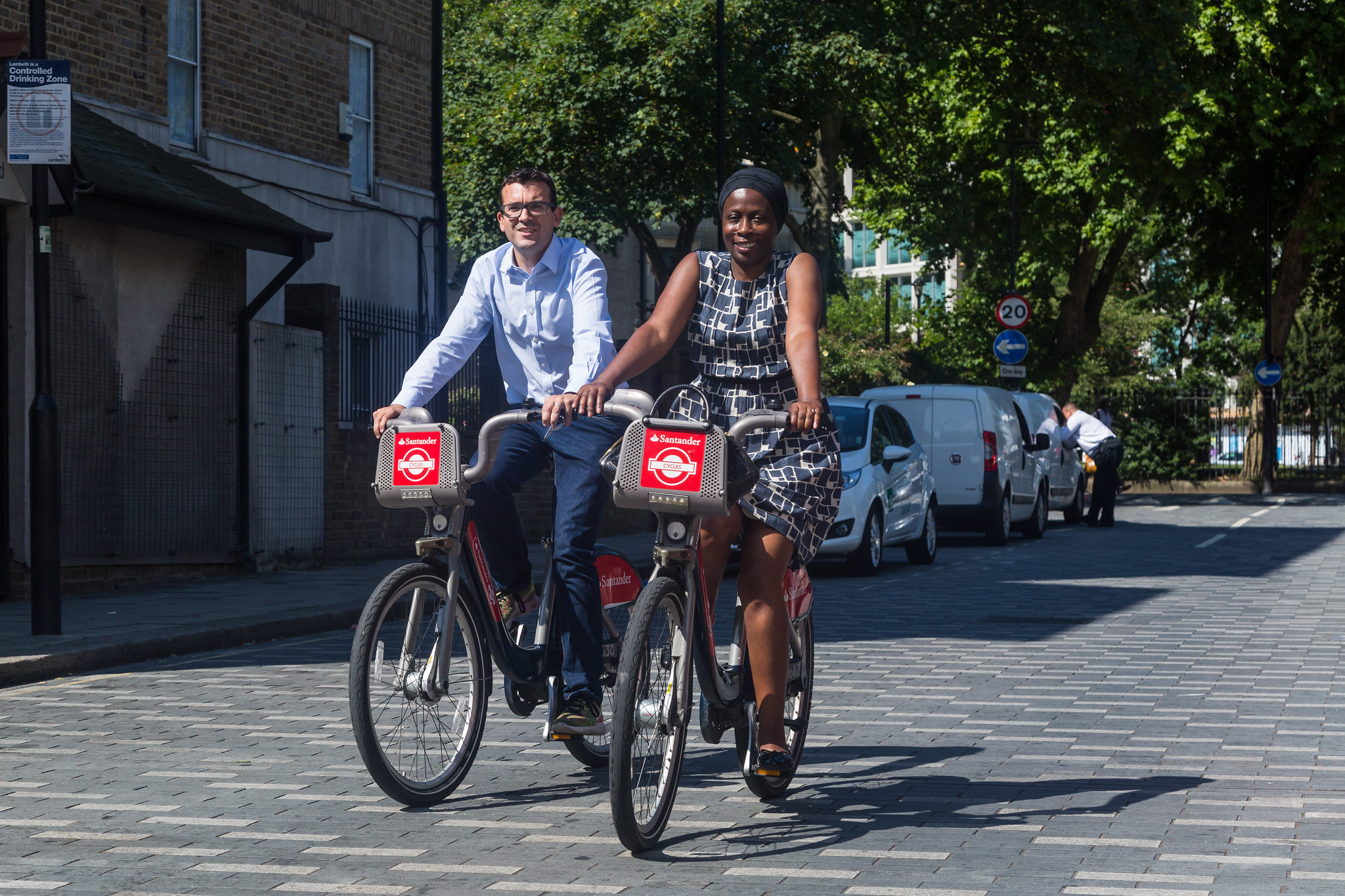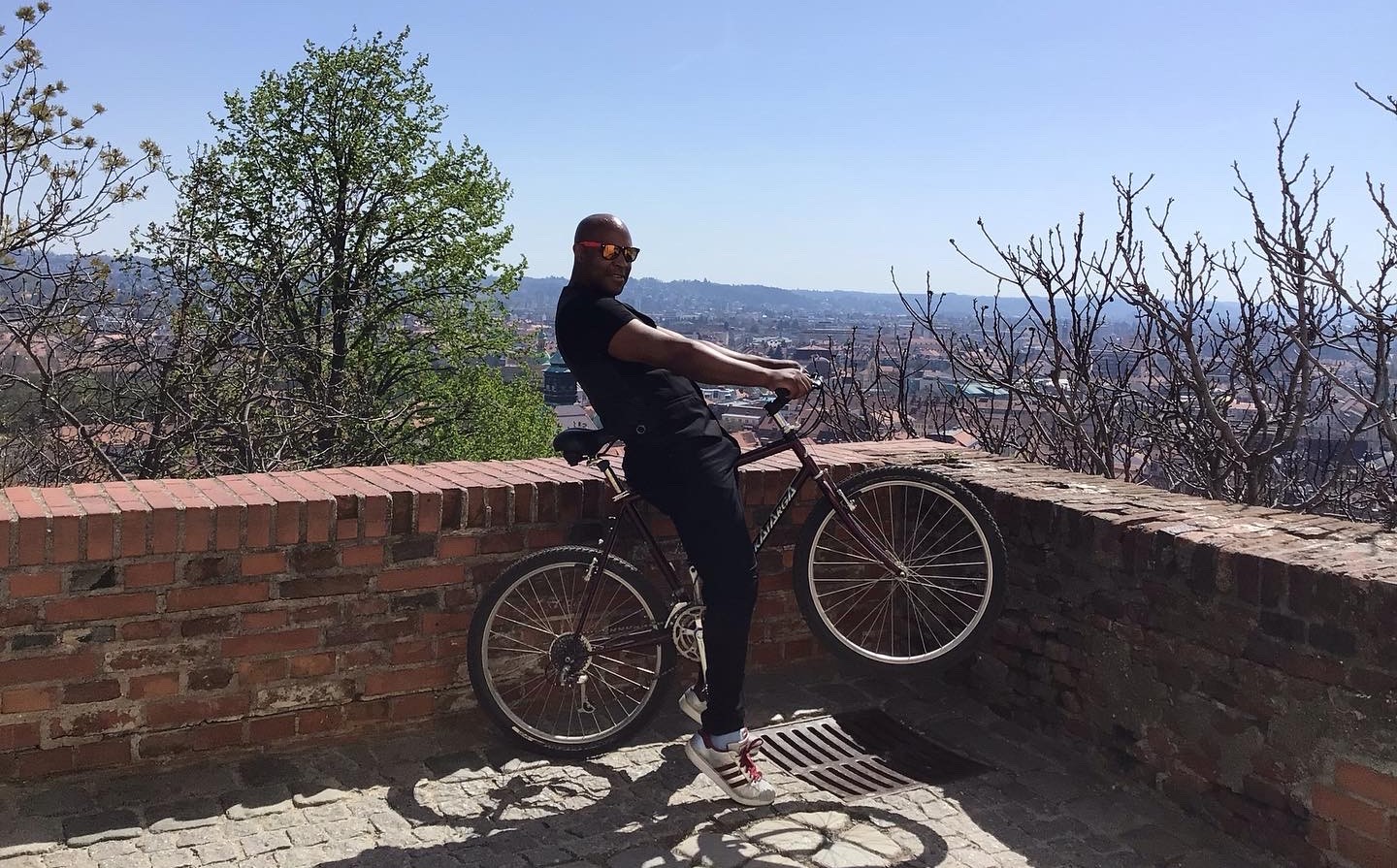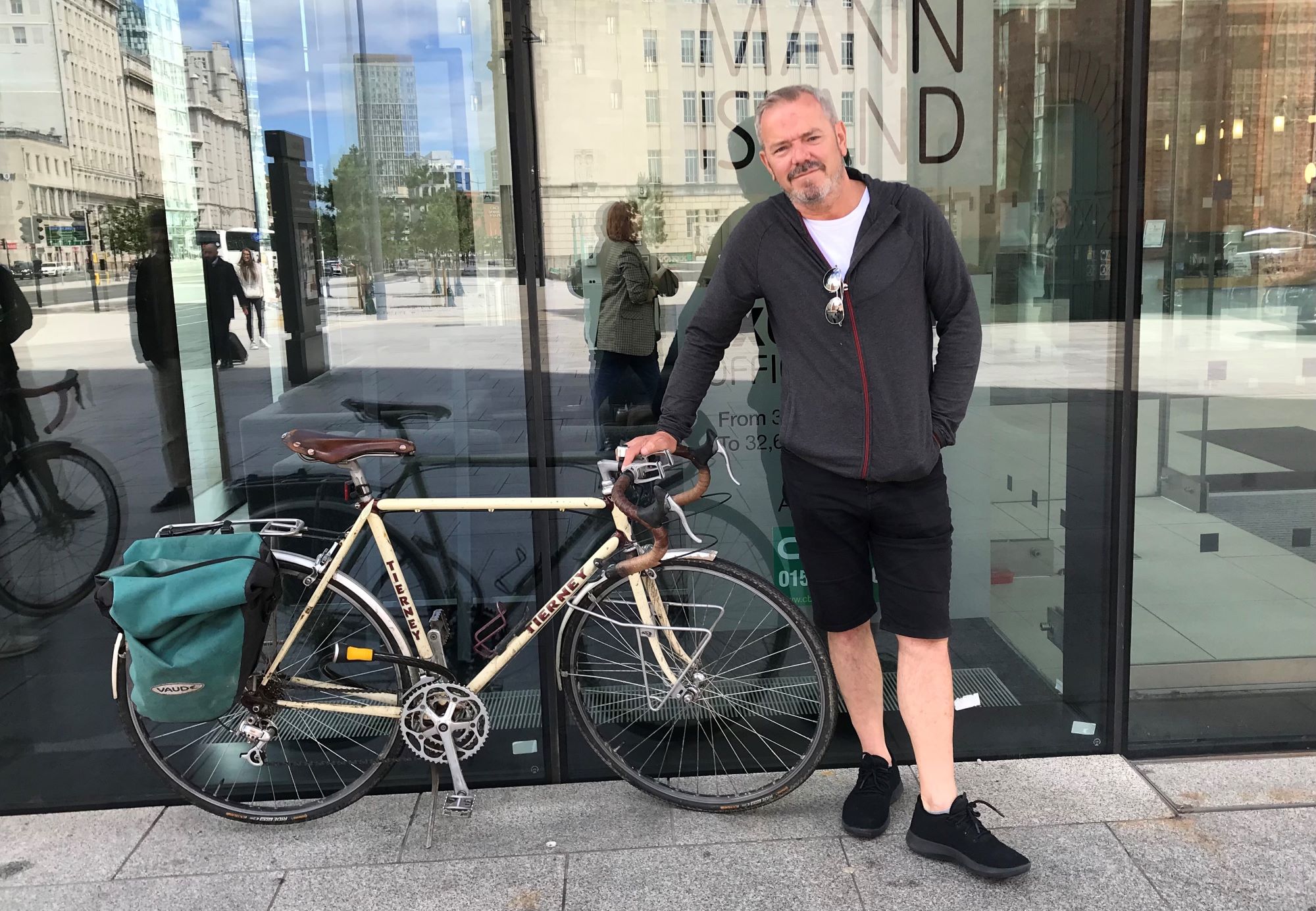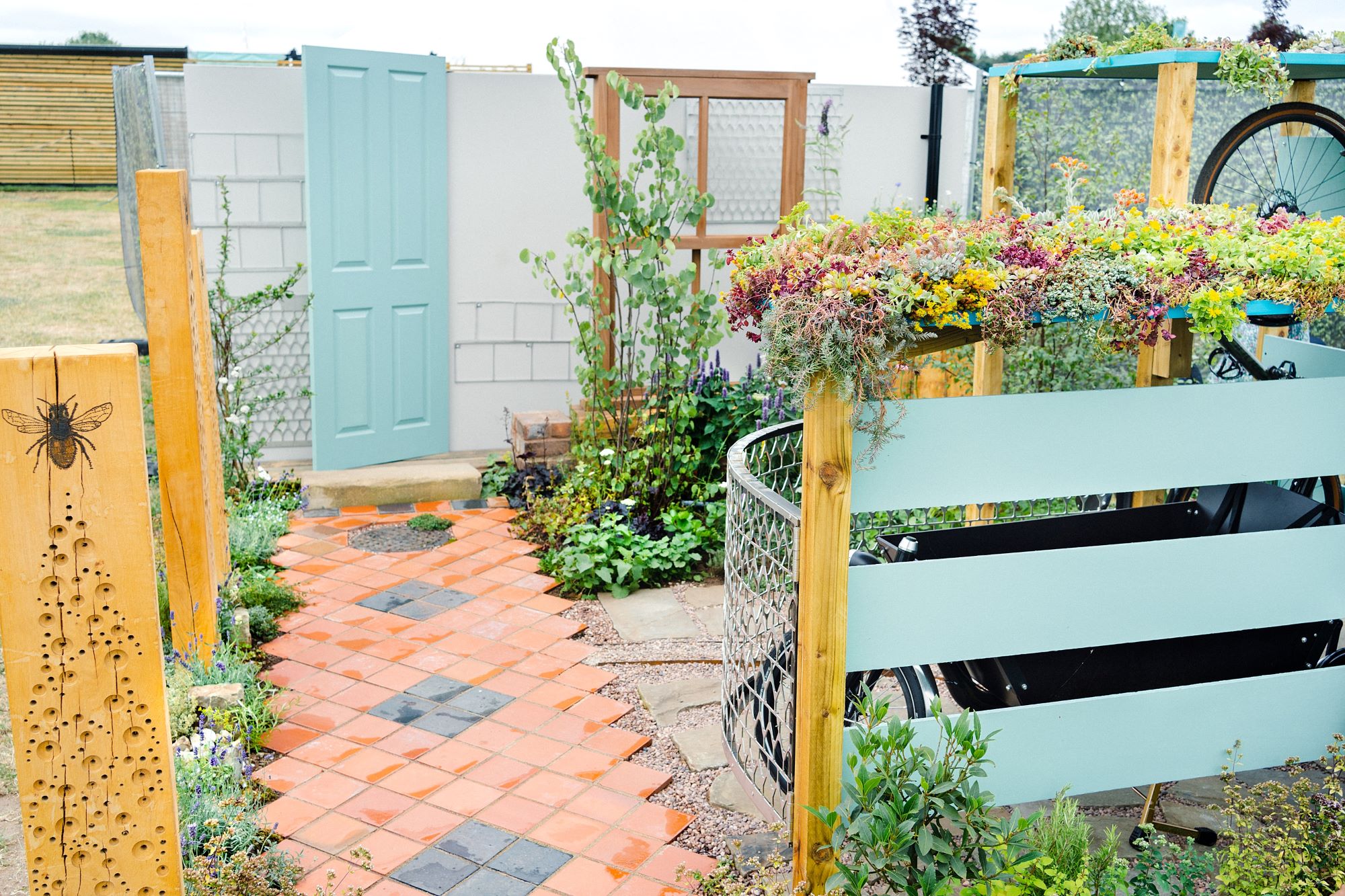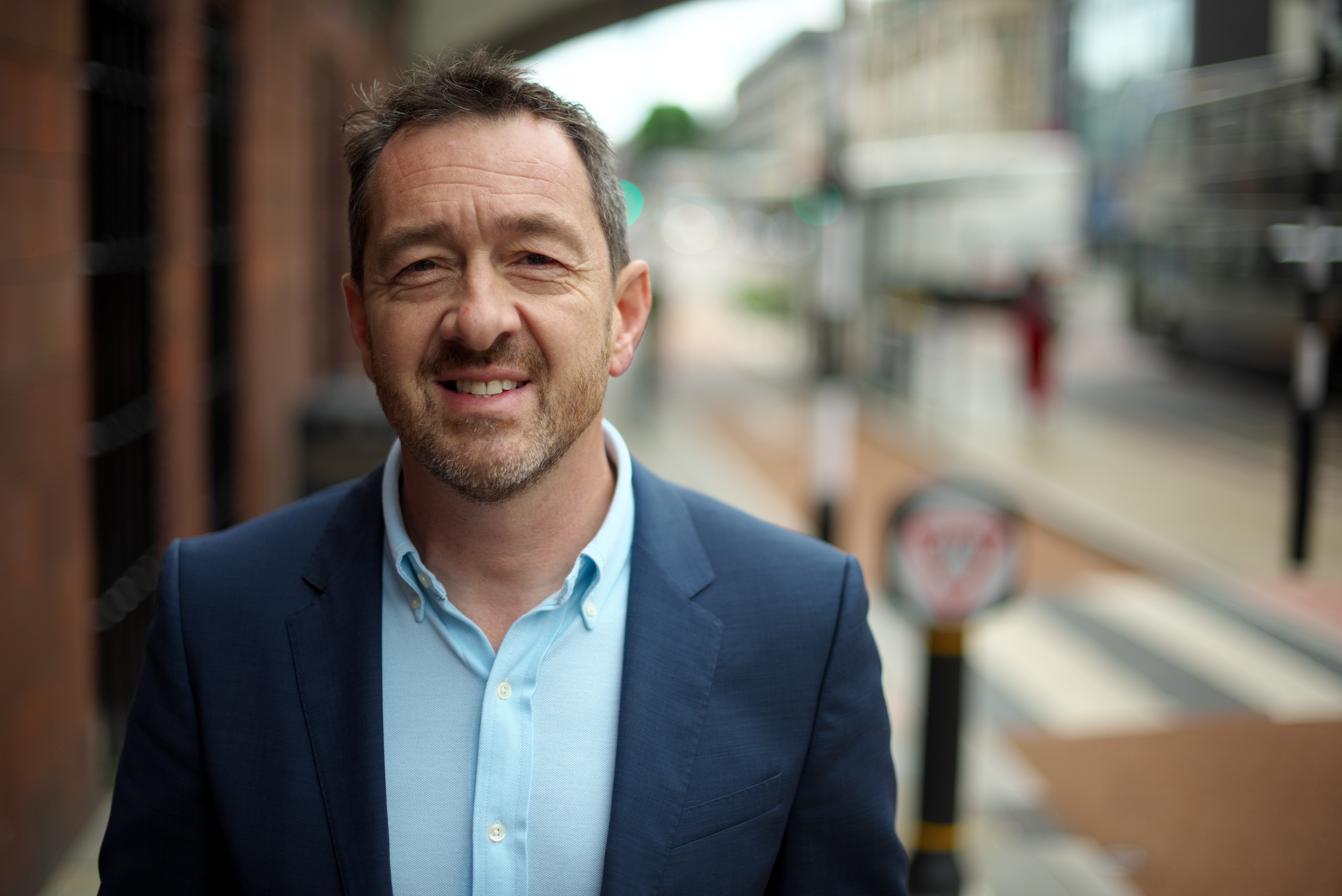Opinion: Dame Sarah Storey on the road ahead
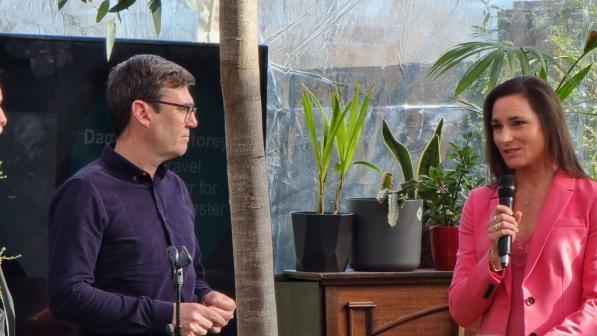
As a born and bred Mancunian, the opportunity to take forward the Bee Network Active Travel programme for Greater Manchester was too good to turn down.
I’ve always lived in and around the region and I was living in Salford when I made the switch from swimming to cycling back in 2005. Long before that, though, I’d commuted to training in Stockport from my college in Marple and I have always enjoyed getting around on two wheels.
Thanks to the great work of Chris Boardman and Mayor Andy Burnham, the region is about to embark on a truly exciting period that will transform how people get around and use our city-region’s transport networks.
For my part, we are in an exciting delivery phase, with a full order book of new cycling and walking infrastructure and initiatives that will keep us on our journey towards building the UK’s largest cycling and walking network.
We need to have fewer vehicles driven less often, which is why the active travel programme is so vital
Dame Sarah Storey, active travel commissioner for Greater Manchester
The recent launch of the GM Cycle Hire scheme has been a great success, with further phases and hundreds more bikes planned for roll out across more local communities this year.
Manchester hosted the launch of the national e-cycle loan scheme – Cycling made e-asy – last week, and I’m very keen to look at the opportunities for non-standard cycle hire and loan schemes over the coming months.
Safe junctions
Greater Manchester’s award-winning Cyclops junctions are transforming the journeys of people cycling and 12 more are close to completion, helping to better connect routes through busy junctions. Giving walking and wheeling better priority at junctions will be key to linking up the growing Bee Network.
I also want to make sure that all our infrastructure is accessible to three- and four-wheeled mobility, with an emphasis on removing barriers and finding better ways to tackle anti-social behaviour.
Anti-social driving is another key area I’d like to explore solutions for, since while we are waiting for a comprehensive active travel network to be built, the behaviour of drivers around people walking and cycling is key to them feeling safe.
Recent updates and clarifications in the Highway Code were very useful, but it is vital that we continue to place the burden of behaviour change on drivers, as they pose the greatest risk to vulnerable road users.
Joined-up travel
Alongside my appointment, Mayor Andy Burnham appointed Vernon Everitt as transport commissioner. A key part of my role will be ensuring that, as a more integrated public transport network develops, we enable walking and cycling journeys to be made as part of those longer journeys via bus, tram or train.
Across the region, 250 million journeys of less than one mile are made every year and a significant number of those are local journeys where drivers are running errands for family members, such as dropping them at local interchanges.
By tackling issues like pavement parking and enabling walking and wheeling to transport hubs, we can make it a safe, healthy and reliable journey for all.
One of my big motivations for this role is being able to contribute to leaving a better place for our children. Young people are inherently less car dependent.
Fewer cars, less driving
While there is a huge national effort to switch to electric vehicles, we still need to have fewer vehicles driven less often, which is why the active travel programme is so vital. Electric vehicles still have an environmental cost and are equally dangerous if driven or parked badly.
Wherever there is a need to change there is a period of friction as people start to understand and adjust to what that change means for them and how they will navigate their way to accommodate it.
While we know some people will always want to drive every journey they make, the vast majority of people I speak to are very open to switching some journeys to foot or bike – and we must never forget that for at least a third of households, owning a vehicle isn’t a financial option and so their journeys and needs must be prioritised and vastly improved.
It’s been a busy and inspiring first week and now it’s time to get cracking!


